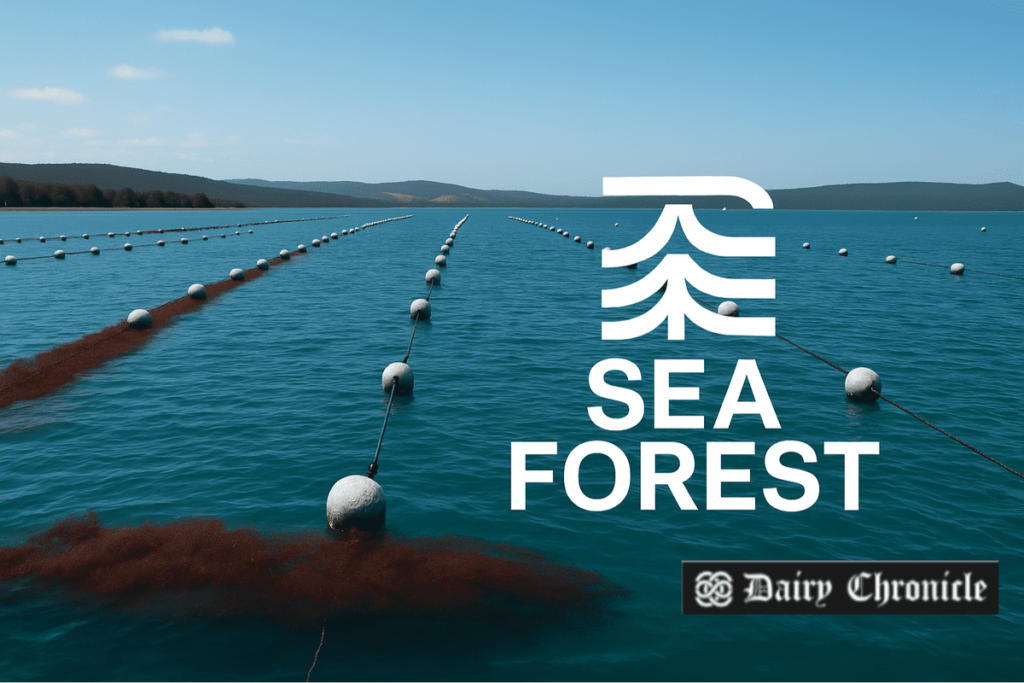In Triabunna, Tasmania, an 1,800-hectare farm is cultivating Asparagopsis, a native red seaweed shown to reduce methane emissions from cattle by up to 95% without impacting meat or milk quality. Spearheaded by Sea Forest since 2019, this initiative aims to support sustainable agriculture and combat climate change. Despite the proven benefits, current regulations do not yet reward methane reduction, though the outlook for progress remains positive.
On the eastern coast of Tasmania, in the small town of Triabunna, a groundbreaking agricultural effort is unfolding that could reshape the future of sustainable farming. A sprawling 1,800-hectare seaweed farm, operated by the company Sea Forest, is cultivating Asparagopsis, a native red seaweed that has shown remarkable potential in reducing methane emissions from cattle.
Methane, a potent greenhouse gas, is largely produced by livestock during digestion. Studies show that methane accounts for a significant portion of agricultural emissions globally. However, when cattle consume even small amounts of Asparagopsis in their feed, methane output from their digestive systems can drop by up to 95%, without affecting the quality of meat or milk.
This promising finding has been backed by over 40 scientific studies, according to Fran Cowley, a researcher involved in the field. “This is a huge opportunity for climate action within agriculture, especially given that it doesn’t compromise food quality,” Cowley said.
Sam Elsom, CEO of Sea Forest, launched the initiative in 2019 with a clear mission: to provide a climate-positive solution that doesn’t add cost for farmers. “Our goal is to make emissions reduction part of routine livestock farming,” Elsom stated. The company is now one of the leaders globally in commercial-scale cultivation of Asparagopsis.
Despite the seaweed’s proven effectiveness, current environmental policies in Australia and elsewhere offer little regulatory or financial incentive for reducing methane in agriculture. “Regulations currently offer no incentives for reducing methane emissions,” Cowley explained, emphasizing the need for policy evolution.
Nevertheless, the future looks hopeful. Global attention on agriculture’s climate impact is growing, and innovations like Asparagopsis offer a practical, scalable way to address one of the livestock industry’s biggest environmental challenges. As Sea Forest continues to expand operations, its Tasmanian project is being watched closely by climate scientists, farmers, and policymakers worldwide.



